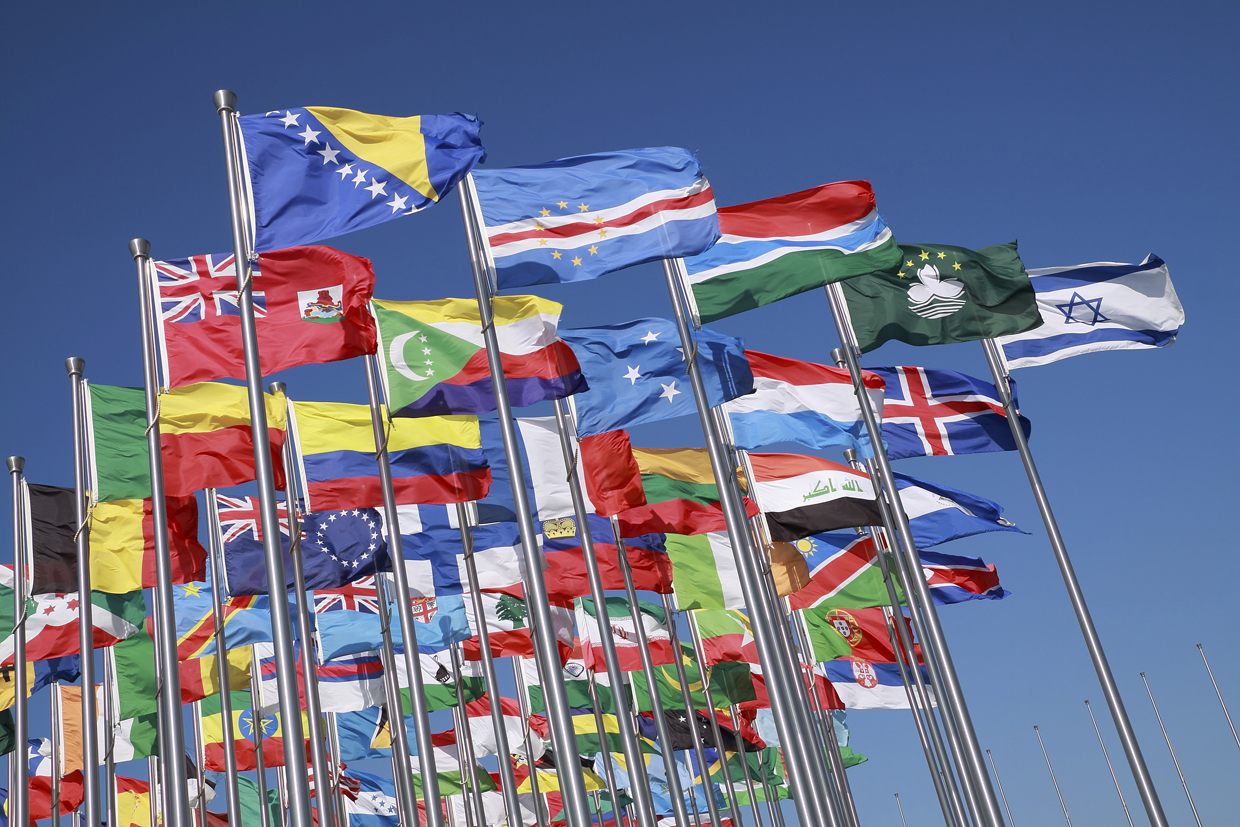Written by Ben Speers.
A couple years ago, back when I was in the limited government phase of my political belief progression, I wrote down a very brief outline of what I believed to be the cycle of politics in most nations throughout history. Today I rewrote that outline based on voluntaryist principles.
Here is the original outline (to be read as a chronological flow chart):
A. Peace and prosperity
B. Materialism, moral decline, apathy
C. Cumbersome bureaucracy, personality cults, centralization of power
D. Dictatorship
E. Unchallenged tyranny, extreme corruption
F. Restlessness among the oppressed
G. Attempted overthrow of dictator. If successful I, if failed H.
H. Even worse oppression, eventually spurring an even stronger insurgency: G
I. Lawlessness, anarchy
J. New government demanded. If dictatorial, D, if too weak, I, if balanced, A
And here is the new, voluntaryist outline (I have used numbers instead of letters so as to avoid confusion with the original outline):
1. Anarchy: if people are virtuous, the system is stable, if not, 2.
2. A government is set up.
3. A relatively high amount of prosperity is retained if the government is limited, if not, 5.
4. The limits of the government are gradually eroded by ambitious, greedy parties.
5. Prosperity declines as the government becomes more oppressive.
6. Morbidly obese, broken government is overthrown either by internal revolution or foreign invasion.
7. If the warring factions destroy each other or simply refuse to form a government, then 1, if not, 2.
Some people might ask why peace and prosperity leads to moral decline. My thinking is that when things are going well, many people gain a false sense of security and invulnerability and are thus more likely to inadvertently sow the seeds of their own destruction. This is especially true under the state, wherein people may generally be less vigilant in restraining government if they feel that government is doing a good job of securing their prosperity (which is, or course, an illusion).
The greatest weakness of the original outline was, in my opinion, the very flawed assumption that anarchy causes so much violence that people must–and should–demand that a new government be set up. Widespread, extreme violence can exist under anarchy if people fail to set up private systems of commerce, security, and justice. In fact, it may not even occur to people–at least not immediately–to set up such systems if they are mentally addicted to statism. However, anarchy need not necessarily be violent. It can be peaceful and extremely conducive to prosperity if people realize that the state is not the only possible mechanism for securing their rights. Indeed, the state has a proven, universal record of being more dangerous towards than protective of personal liberty.
Likewise, the assumption that limited government, or “just the right amount of government,” is ideal is also flawed. History has shown that limited government is, in the long run, chimerical. The mere existence of state-enforced government, no matter how constitutionally limited and small to begin with, creates some very powerful incentives for abuse, mission creep, and auto-aggrandizement. And in any case, if coercion and violence-based governance is immoral, then even a little bit of it is wrong.
It would be appropriate at this point to explain what I mean by “virtuous” in number 1 of the new outline. I intend to write a more detailed article about this very question in the near future, so I’ll keep this brief for the time being. Basically, people need to respect their fellow human beings’ rights and be thoughtful, open-minded, and innovative.
This is the opposite of the “morbidly obese, broken government” described in step 6. What I mean by that description is a government that is extremely corrupt, mind-bogglingly inefficient, oppressive, over-stretched militarily, and lacking sustainable funding. This is the typical end-state of nations that attempt to control every aspect of people’s lives (i.e., most or all nations), which inevitably becomes an expensive enterprise and often leads to extreme deficit spending, unrecoverable debt, unsustainable borrowing, and runaway inflation.
So, how can the cycle be broken? I could probably write a book addressing that question, but the short answer is that, as the outline says, people must possess the necessary virtues at the right time, namely when the state collapses. When intelligent, liberty-loving people are able to educate and persuade enough of their neighbors to support private solutions to ‘public’ problems, then the people will be ready for a sustainable stateless society.




